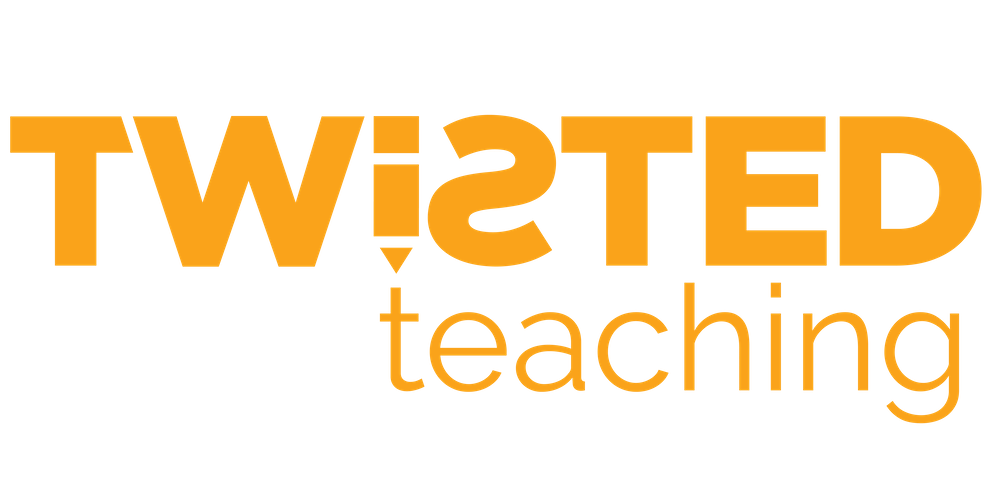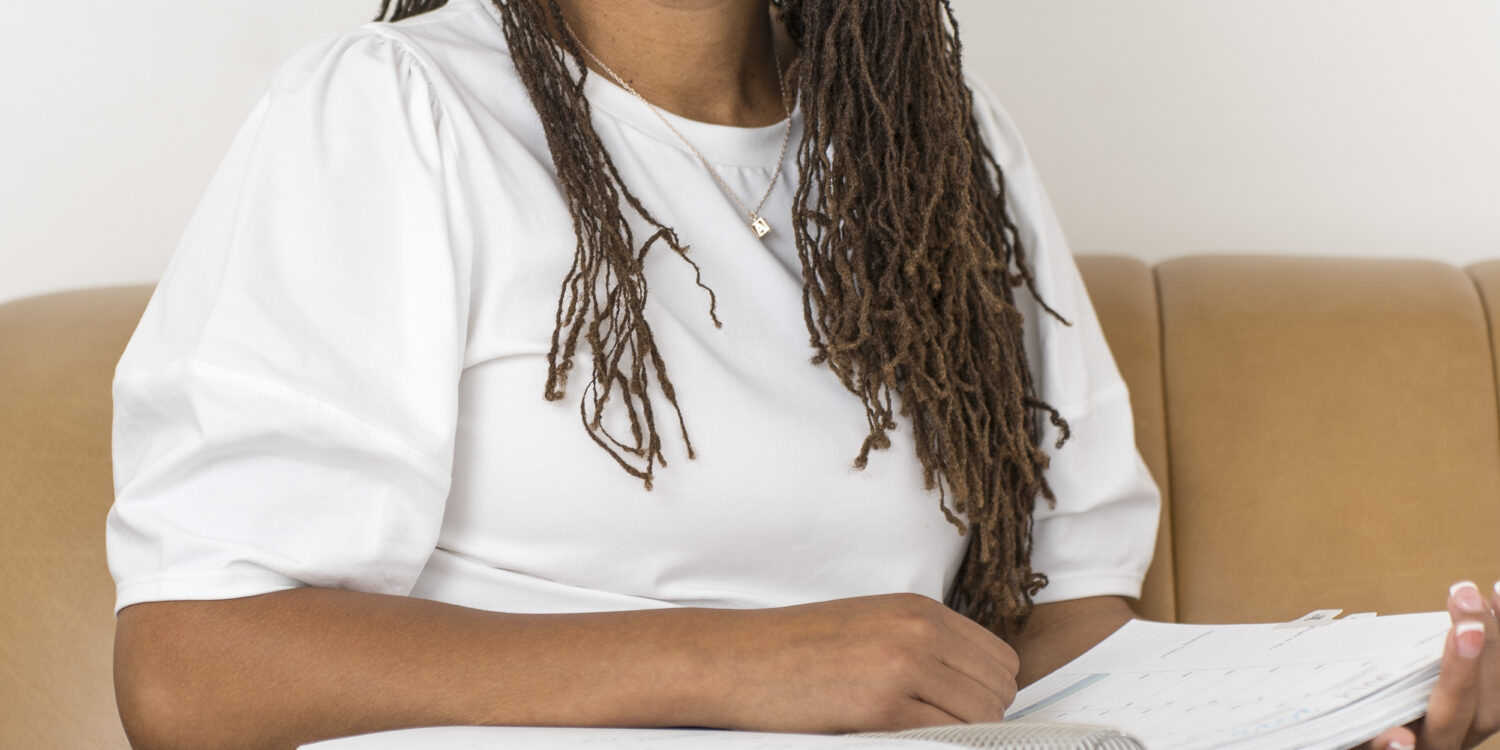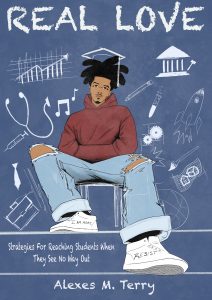The Power of Educators Being True to Themselves
As educators, we often find ourselves caught up in the whirlwind of lesson planning, grading papers, and navigating the complexities of the educational system. It’s easy to lose sight of who we truly are amidst the demands of our profession. However, I’ve come to realize that embracing our authenticity as educators is not just beneficial for ourselves, but also for our students and the communities we serve.
Recently, I had a profound experience that underscored the importance of showing up as our authentic selves in the classroom and beyond. It was a serene evening, and my daughter and I decided to engage in some meditation and stretching exercises together. As we closed our eyes and focused on our breath, I felt a sense of liberation and healing wash over me. Meanwhile, in the living room, my husband was strumming his guitar, filling our home with soulful melodies.
In that moment, I couldn’t help but reflect on the significance of integrating mindfulness and music into our lives as Black educators. We were not only connecting with ourselves on a deeper level but also reclaiming our cultural heritage and embracing the practices that resonate with our souls. It was a powerful reminder that our identities, experiences, and passions are integral parts of who we are as educators.
Being authentic means honoring our unique perspectives, backgrounds, and talents in the classroom. It’s about bringing our whole selves to our work and creating a space where students feel seen, heard, and valued. When we embrace our authenticity, we model authenticity for our students, empowering them to embrace their own identities and celebrate their individuality.
Moreover, authenticity fosters genuine connections with our students. When we share our passions, struggles, and triumphs, we create a sense of empathy and trust that forms the foundation of meaningful relationships. Our students are not just learners but also human beings with complex emotions and experiences. By showing up authentically, we invite them to do the same, creating a supportive community where everyone feels accepted and understood.
Furthermore, authenticity allows us to bring creativity and innovation into our teaching practice. When we embrace who we are, we tap into our unique strengths and perspectives, leading to more engaging and dynamic lessons. Whether it’s incorporating music, art, or personal anecdotes into our teaching, authenticity enables us to connect with students in ways that resonate with them on a deeper level.
In a social media world where conformity often takes precedence over individuality, it’s crucial for educators to stand firmly in their authenticity. Our authenticity is not a liability but a source of strength and resilience. It’s what sets us apart as educators and enables us to make a meaningful impact in the lives of our students.
As Black educators, embracing our authenticity is an act of resistance and liberation. It’s reclaiming our narratives, challenging stereotypes, and paving the way for future generations to do the same. By showing up authentically, we honor the legacies of those who came before us and inspire those who will come after us.
So let us continue to meditate, make music, and embrace our true selves unapologetically. Let us create classrooms and communities where authenticity is celebrated and diversity is embraced. And let us never forget the transformative power of being true to who we are as educators and as human beings.


